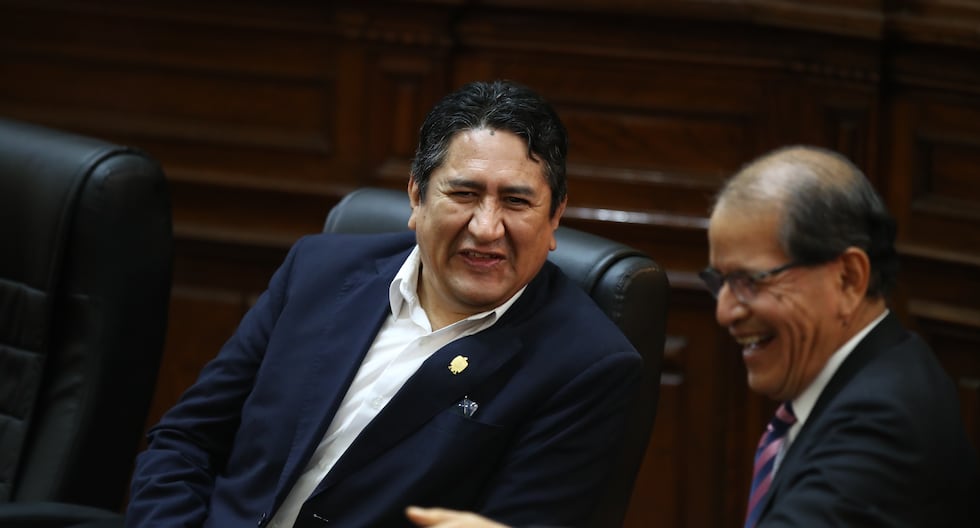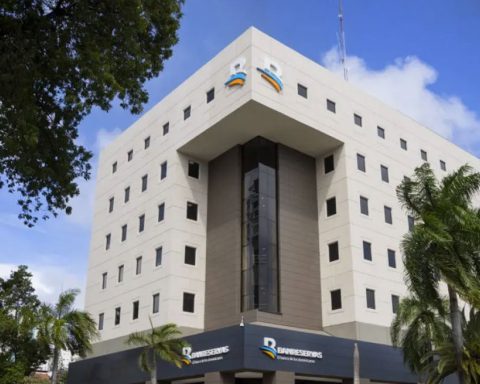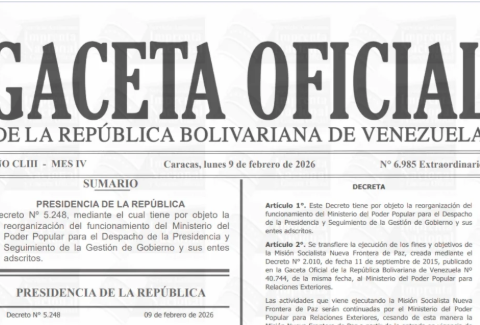But the living wage is not enough
“A decent income is a first step, but it will not be enough without adequate public goods and services. These represent a ‘virtual income’ that prevents households from spending everything on private services,” explained Carlos Brown.
He mentioned that in general, he celebrates the fact that the business sector is pushing this type of initiatives to contribute to better remuneration, in addition to demystifying that salary increases cause a series of negative consequences in the economy, such as skyrocketing prices.
Brown highlighted that the increases in the minimum wage in recent years demonstrate that the myths lack solid evidence. From 2019, it went from 88.36 pesos per day to 248.94 in 2024 . Now, Claudia Sheinbaum’s government has agreed that the minimum wage will grow 12% in 2025.
However, the proposal will not be able to address working poverty if it is not complemented by access to public goods and services (such as health, education and a care system) that prevent income from being used to cover basic needs.
“It is important that income continues to strengthen, but we also have to pay close attention to where that money is being put, because if it is used for private services then we are not fully complying with the possibility of people having a sufficient income.” to save to go on vacation, to invest, to have a life project. Let’s say that’s why it is important to also take into account the other side and that is where the State does have a fundamental function through fiscal matters,” said the Oxfam member.
The figure of 12,500 pesos is disputed as to whether or not it is enough, depending on whether there is adequate service coverage for all workers, a task that is the obligation of the State, according to Mexico’s regulatory framework.
Necessary tax reform
Carlos Brown mentioned that for the Mexican government to have the capacity to improve service coverage, it is necessary that there be a fiscal project that allows for greater revenue collection. That both small taxpayers and large companies effectively contribute taxes to the Tax Administration Service (SAT).
“This necessarily involves a review of our tax system, (…) [para] Whether public services are well financed, so that working people stop spending their income on privatized services, depends on whether there is enough money. So you do have to pay social security contributions, it is important that large companies join in putting the social security contribution into the bag, but also the payment of taxes in a greater proportion and that necessarily involves a conversation on tax reform.”
For its part, the federal government is aware of the need for tax reform, as mentioned by the Secretary of Finance and Public Credit, Rogelio Ramírez de la O, in November. And he added that, if decided, it would be announced by President Claudia Sheinbaum, who has already said that there will be no reform.
At the end of 2024, Mexico will register its highest fiscal deficit. The Treasury estimates it at 5.9% of GDP, and proposes reducing it by 2025 to 3.5%, which will require cuts and efficiencies in spending, and also actions to increase revenue collection public, especially tax ones.
And regarding the Expenditure Budget of the Federation (PEF) for the following year, 82.5% correspond to mandatory expenses.

















